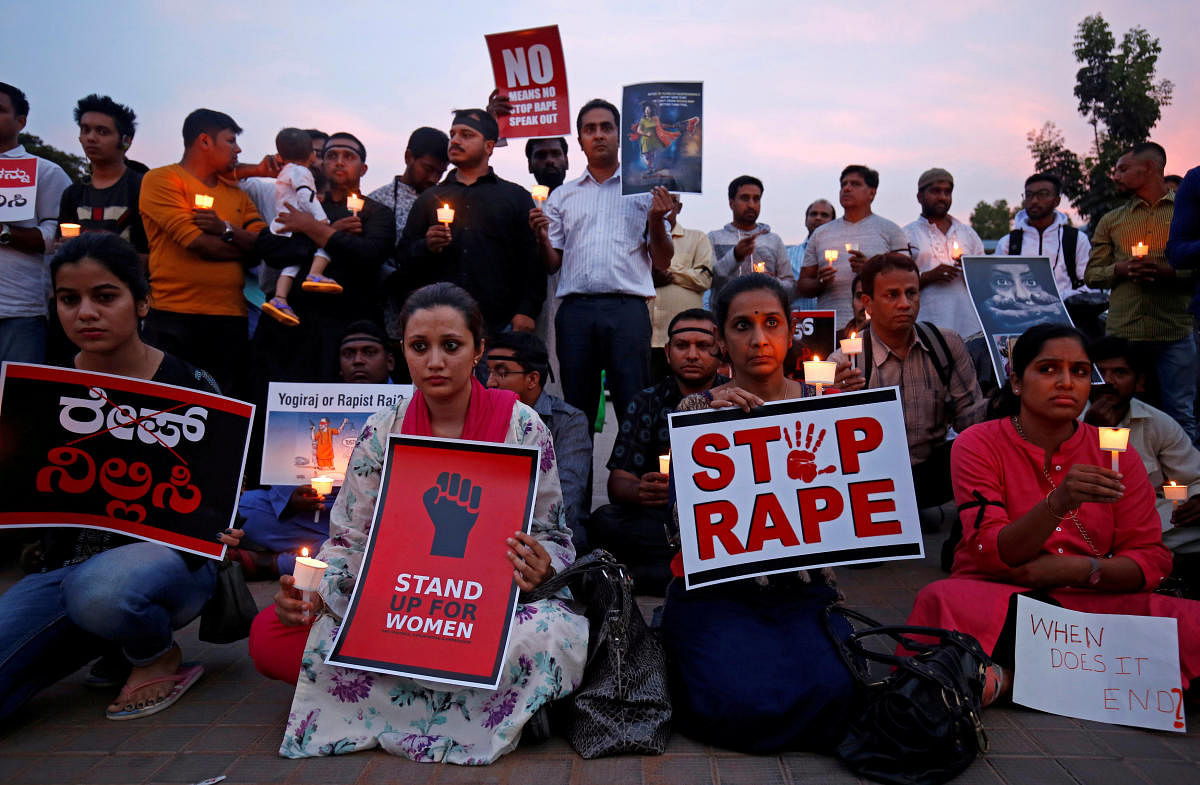
A Catholic priest in Kerala has been sentenced to 60 years rigorous imprisonment on charges of raping a minor girl at Kannur district in North Kerala. The priest will have to undergo only 20 years of imprisonment as the court allowed to undergo the sentence in three different offences concurrently. He was awarded 20 years each imprisonment for three different charges under the IPC and POCSO.
Father Robin Vadakumcherry of Kottiyoor in Kannur was convicted by a special court on Saturday, despite the victim and her parents turning hostile during the trial. The court also ordered legal proceedings against the girl's parents for turning hostile.
Robin had raped the girl victim belonging to his parish several times during 2016. The girl, who was only 16 at that time, became pregnant and delivered a child. The child was handed over to an orphanage at Wayanad district and efforts were made to conceal the crime. Father Robin was held by the police on February 28, 2017, just ahead of his bid to leave the country.
The POCSO special court that delivered the judgment in the sensational case also imposed a fine of Rs three lakh on the accused, which would be used for the child's welfare. The district legal services authority was also directed to take care of the victim and the child.
Six others accused in the case were acquitted by the court for want of evidence. They included the members of the district child protection committee and the superintendent of the Wayanad orphanage that received the child delivered by the victim.
Efforts were made during the trial to frame that the girl had attained the age of 18 at the time of the incident and she had consensual sex with the priest. But the prosecution countered this by producing the gynaecology report of the victim’s delivery, which proved that she was below 18 at the time of the crime.
The special prosecutor in the case advocate Beena Kaliyath said that the live birth report, also known as the gynec report of the doctor who took delivery of the girl, was very crucial in the case, especially since key witnesses including the victim and parents turned hostile. The key aspect in the case was to prove that the girl was a minor at the time of the rape.
She also said that the court directive to initiate legal action against the victim's parents for becoming hostile would become a strong message to those turning hostile in such sensitive cases. Though the victim also turned hostile, the court did not initiate action against her owing to the humanitarian consideration over the mental trauma that she has suffered.